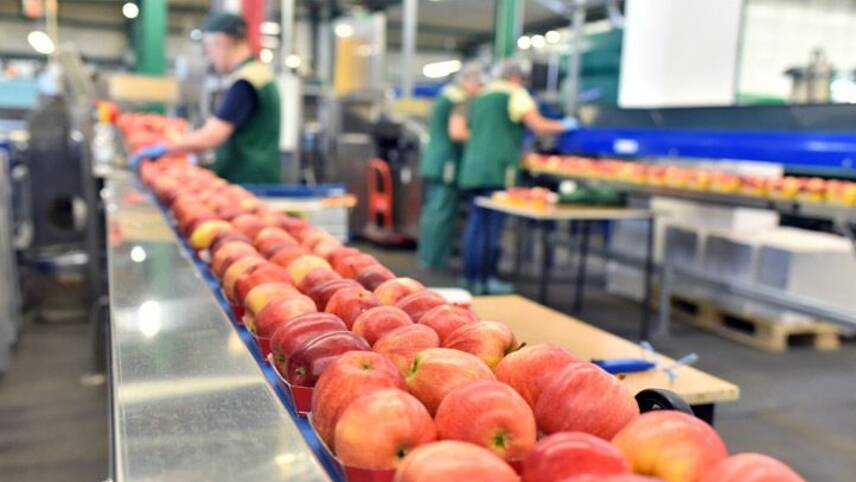Register for free and continue reading
Join our growing army of changemakers and get unlimited access to our premium content

Some businesses had admitted to focusing on other areas of the supply chain
According to a new study commissioned by Sodexo, the catering and facilities management business, more than 60% of food buyers in the UK have reported an increase in food waste over the last six months.
Respondents to the study cited the current supply chain crisis as the main reason, with more than one-third (35%) of respondents admitting to deprioritising food waste as a result.
While the study did find that 83% of respondents believed they’d created more resilient supply chains since the pandemic created major disruptions, this has come at the cost of waste targets.
This puts the industry’s aim to meet the Sustainable Development Goals of halving food waste by 2030 at risk, while the emissions associated with food waste will also hinder decarbonisation targets such as net-zero.
Indeed, WRAP’s Courtauld Commitment, which has been signed by more than 90% of the UK’s food retailers as well as major businesses across the food value chain, has been extended to 2030, with a new ambition to halve absolute emissions.
Commenting on the findings, WRAP’s head of policy and insights, Keith James, said: “Through Courtauld 2030, WRAP has partnered with Sodexo to tackle climate change, food waste and water stewardship. Sodexo’s findings relating to a rise in self-reported food waste are worrying, but not unexpected given the pressures put on supply chains in recent years. WRAP will publish data later this year to show where the UK is in terms of tackling food waste, GHG emissions connected with our food and drink, and water stewardship.
“Every business can make a difference by instigating the Target-Measure-Act approach, but not all have the flexibility to adopt strategies quickly with competing pressures. That is why WRAP published new Scope 3 protocols for measuring GHG emissions linked to the food we make, sell and eat.”
SME focus
Sodexo reports that 38% food buyers are moving to diversify their supply chains by working with smaller firms, while 35% want to source more local, domestic food. Indeed, 81% of respondents claimed that they should be sourcing more from SMEs.
Sodexo, which has pledged to cut its own food waste by 50% by 2025 and achieve net-zero by 2045 – found that achieving net-zero emissions has become the most important priority for 80% of respondents.
Around one-third of respondents also support the introduction of mandatory food waste reporting which is proposed in the Government’s recently published Food Strategy.
Sodexo’s head of supply chain and food procurement Aoife Wycherley said: “Diversifying the food supply chain is essential for building resilience. SMEs can enable greater agility because they’re more flexible, innovative and, tend to drive domestic food sourcing which, in turn, can reduce carbon by cutting down on air and freight usage.
“This makes having SMEs in the supply chain essential for those that need to maintain supply and meet climate targets. Carbon data reporting is, however, a huge burden for small businesses, and we need greater industry collaboration from large organisations to support them with this challenge in order to achieve net zero in the supply chain.”


Please login or Register to leave a comment.